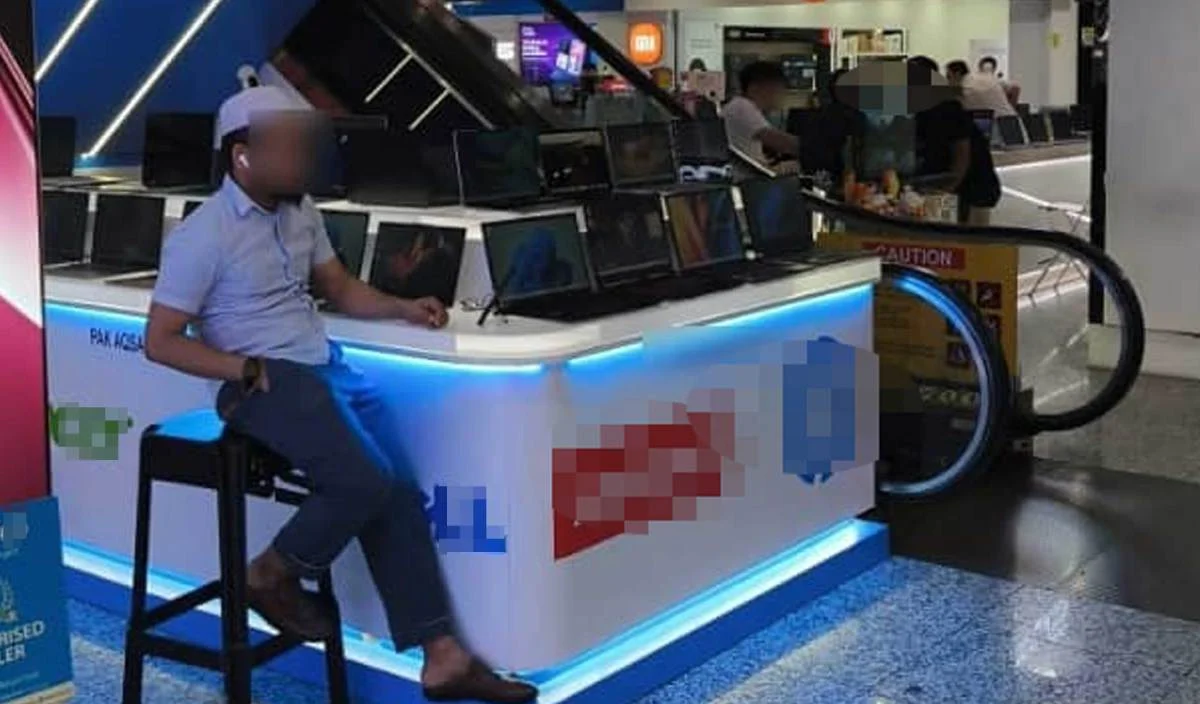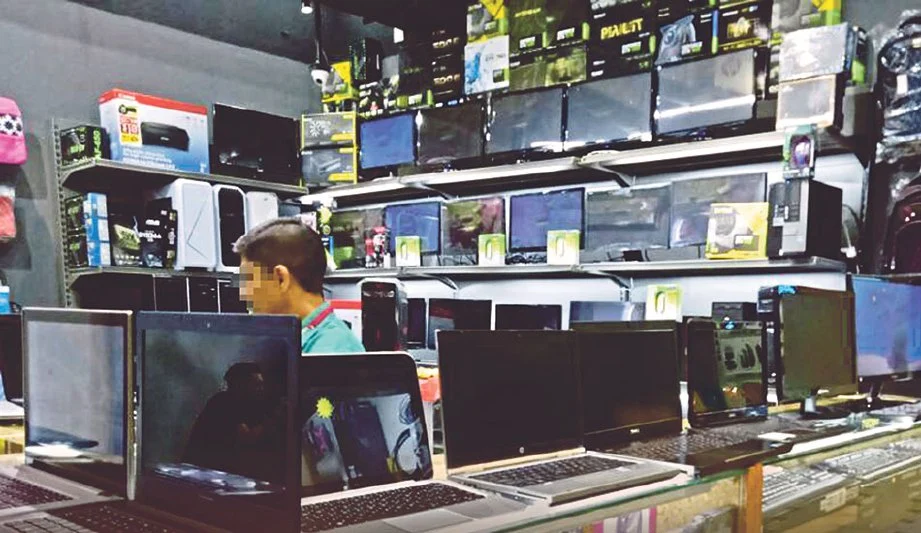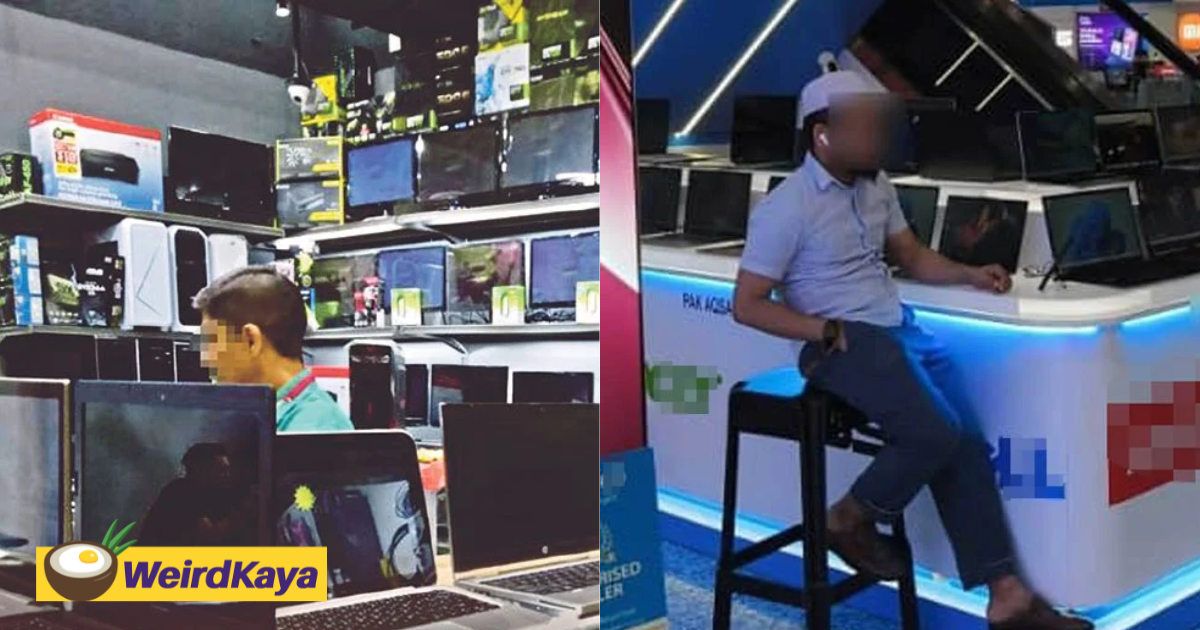Several foreign nationals operating businesses in Malaysia have been found misusing their work permits by hiring local Malaysians to front their operations, in a strategy aimed at avoiding detection by the authorities.
Shifting tactics to avoid enforcement
A recent ground investigation in Kuala Lumpur and Petaling Jaya uncovered that some foreign business operators, particularly from Bangladesh, are running a variety of ventures including computer accessory shops, eateries, and small hotels—despite their permits not allowing such activities.

Harian Metro reported that these business owners are employing Malaysians to handle day-to-day operations to reduce suspicion from authorities.
Not only does this help them stay under the radar, but it also makes local customers feel more comfortable engaging with the businesses.
“I know it’s wrong, but I’m earning honestly” – Shah
One such operator, known only as Shah, openly admitted to abusing his work permit but insists his intentions are honest.
In his early 40s, Shah arrived in Malaysia in 2007 with a legal permit to sell laptops in a shopping mall.

Over time, Shah teamed up with a local partner and started a kiosk in Petaling Jaya, paying a monthly rent of between RM5,000 and RM6,000.
As his business grew, so did his staff—many of whom are Malaysians.
I know I’m not supposed to run a business, but I’m not stealing or committing crimes. I’m just trying to earn a living. Most of my workers are Malaysians,” he told Harian Metro.
Operating from behind the scenes
To minimize his chances of being caught, Shah avoids being physically present at his outlets unless necessary.
He prefers hiring Malaysians as sales staff, citing the high costs and complexity of hiring foreign workers legally.
“I’ve been here for over 15 years. Life back home is tough. Sometimes I return to Bangladesh for a few months, but I always come back,” he added.
Raju’s escape from exploitation
Another Bangladeshi man, Raju, shared a similar story.
Formerly employed as a salesman earning RM900 a month plus commission, he alleged that his boss frequently cut his pay for no valid reason. After three years of enduring this treatment, Raju decided to leave.
He took up odd jobs to save money and eventually opened a small computer shop with help from a Malaysian acquaintance.
The shop is officially rented under his friend’s name, and Raju now employs four local workers to run it.
“I’d rather be arrested than treated like trash”
Despite knowing the legal risks, Raju says he’d rather face arrest than go back to being exploited.
“I want to support my family. It’s harder back home—no jobs, no money. Life is difficult here, but at least I can work and earn something,” he said.


